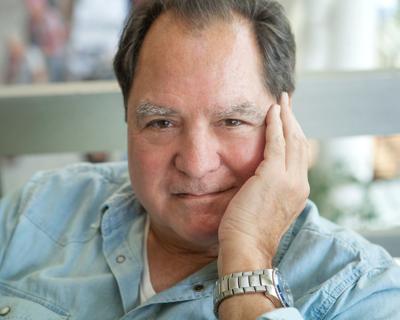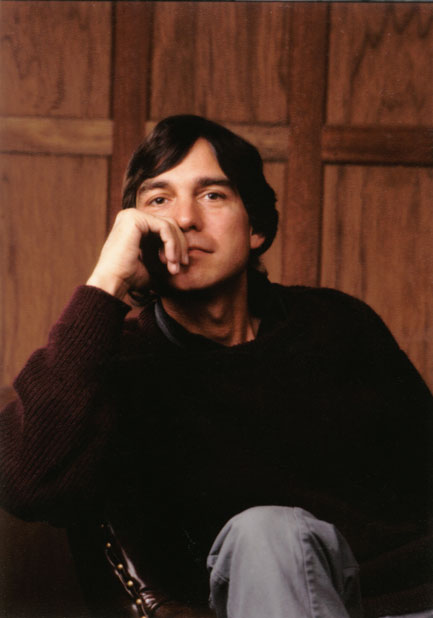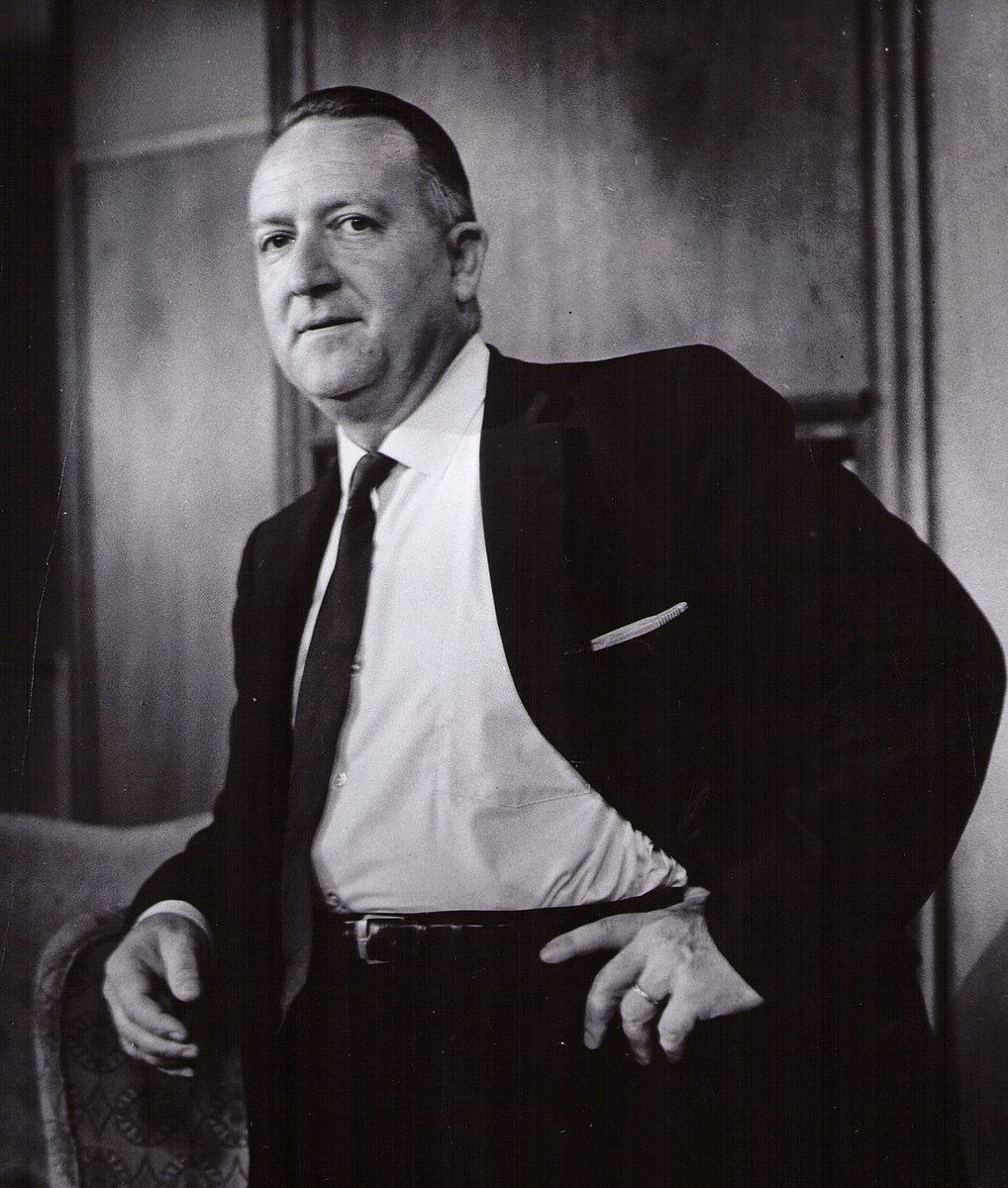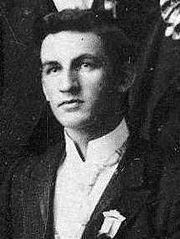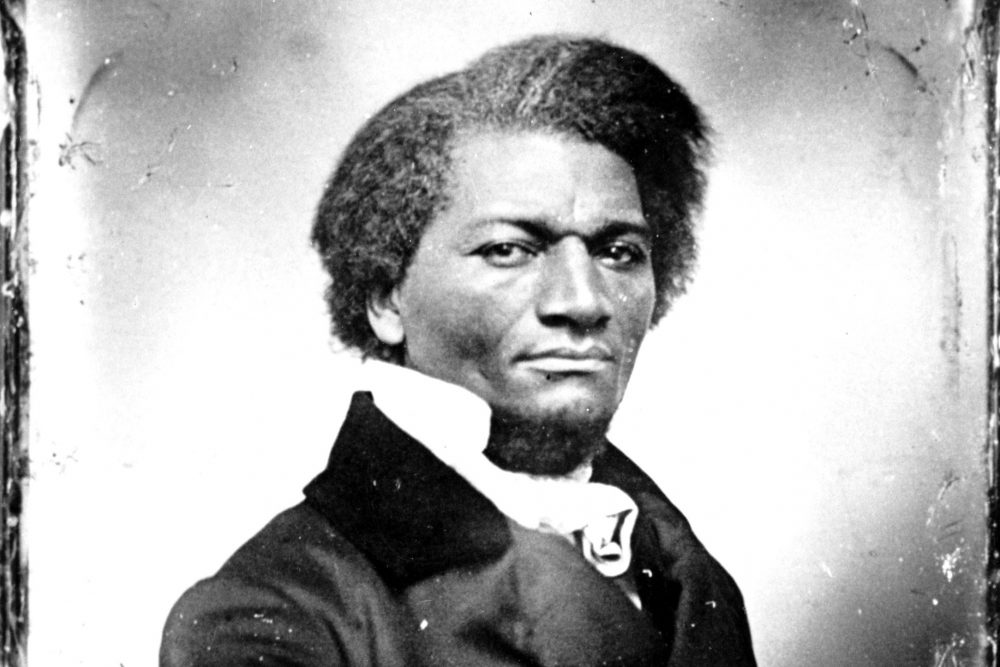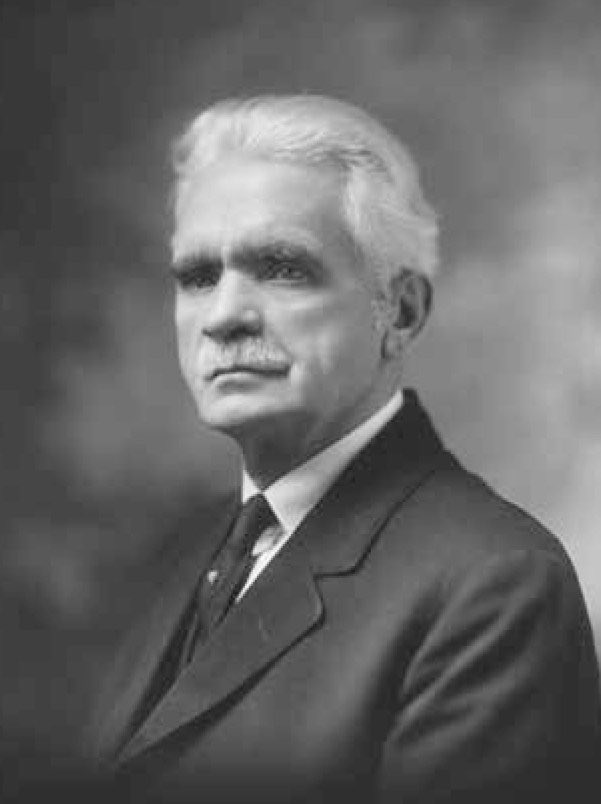
Spent my sabbath morning returning to @benjamingwright’s powerful, and quite relevant, BONDS OF SALVATION: HOW CHRISTIANITY INSPIRED AND LIMITED AMERICAN ABOLITIONISM, to resurrect my #ReviewThread series.
Note: capitalized words are categories. /1
Note: capitalized words are categories. /1

SUMMARY: from the beginning, most American Christians could be categorized in two camps: conversionists, or those who believed spreading salvation was too priority, and purificationists, or those who believed abolition would purify the nation. /2
During the revolutionary era, there was genuine hope that slavery could be abolished, and Wright highlights these early purificationist voices. However, most came to see missionary work and national salvation as the more pressing need, so they distanced from abolition. /3
To many, once all of America was converted, all sins, including slavery, would disappear. But to do that, they needed ecumenical, collaborative, and compromised institutions across geographic lines. Hence, abolition was tabled to appease Christian enslavers. /4
The most popular approach was therefore colonizationism, as it could theoretically “save” Africa and “redeem” America, but not upend white supremacy and the status quo. The ACS appeared a fulfillment of all desires, and captured the conversionist imagination. /5
Yet the ACS increasingly came under fire, both by abolitionists like David Walker who saw it as a threat to salvation, as well as southerners who saw it as a creeping threat to their institution. These debates tested the conversionist consensus in the 1820s. /6
Eventually, there was purificationist revivalism in the north that prompted a sustained & radical abolitionism in 1830s, which in turn transformed conversionism from a passive antislavery expectation to a proslavery weapon. Abolition was cast as a threat to Christian unity. /7
This narrative brings context to why the denominational schisms in the 1840s and 50s were tethered to questions concerning who was worthy to spread the gospel. National conversion did not bring unity; instead, it brought discord, so conversionism failed and secession resulted. /8
SOMETHING NEW: I really appreciated Wright’s focus on early Christians’ desire to build denominations and institutions. Democratization only went so far. And it was in this building that tragic compromises were made. /9
SOMETHING IMPRESSIVE: at the heart of this study is the desire to take ideas seriously. It is easy to dismiss moderate antislavery, anti-abolitionist Christians as hypocrites—they were!—but that’s only a partial explanation. This framework shows it was about priorities. /10
I also appreciated how Wright constantly emphasized that it was black Christians who constantly fought back against these corrupt compromises, and that their voices were the true moral compass of the nation. /11
QUIBBLES: one of the book’s true strengths—its clear framing, narrative signaling, and consistent summaries—is also a weakness: the central arguments are outlined several times in the intro, and at start and end of every chapter. In other words, it becomes repetitive. /12
I also wondered about the choices for some case studies—why were they important, and how representative were they? I love me some William Channing, but I don’t think he deserved five pages in this compact book. /13
CONCLUSION: this is a remarkable contribution to the field of early American religion, a model first monograph, and a book I can’t wait to assign in my next grad seminar. Go buy @benjamingwright’s excellent work today! /fin lsupress.org/books/detail/b…
• • •
Missing some Tweet in this thread? You can try to
force a refresh


